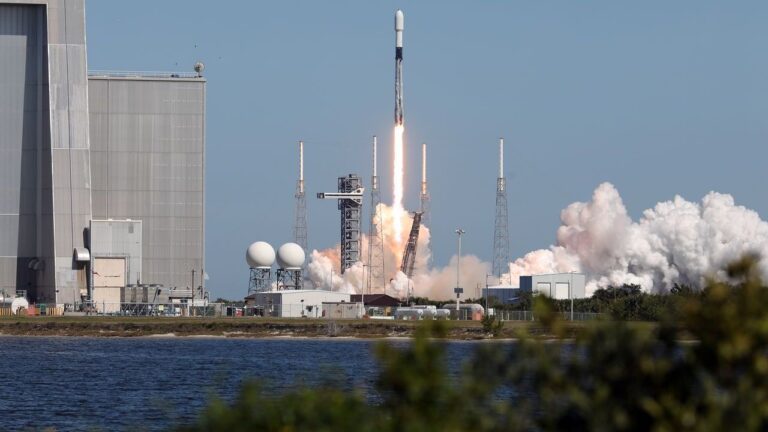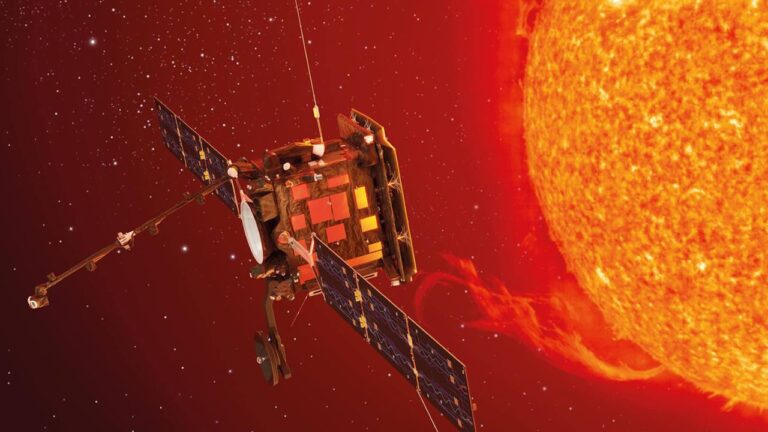
After spending over a decade in the United States and obtaining dual U.S.-Italian citizenship, aerospace entrepreneur Giuseppe Santangelo has returned to Turin, Italy, to launch Space Industries. The newly established company aims to streamline the assembly, integration, and testing of satellites up to eight cubic meters in size, with a vision of producing one satellite per workday by 2030.
Santangelo, who previously served as managing director of nanosatellite and microsatellite manufacturer Tyvak International, founded Space Industries in February. The company is backed by the Micelli family, owners of the Comat Group, a prominent Italian firm specializing in energy services, facilities management, and space technology. Unlike many startups in the aerospace sector, Space Industries will not rely on government funding and is fully supported by private investors.
Aiming for Efficiency in European Space Development
Santangelo’s decision to establish Space Industries comes at a pivotal time for the European space sector. He believes that Europe requires a faster and more efficient approach to satellite production to remain competitive in the global space economy.
“We have condensed space integration, assembly, and testing into one facility,” Santangelo explained in an interview with SpaceNews. “This allows us to increase efficiency while reducing costs and production time. My goal is to stimulate the commercial space environment and drive innovation in industrial applications of space technology.”
Santangelo envisions satellites playing a crucial role in industrial operations, from geological evaluations for new infrastructure projects to real-time monitoring of construction and environmental changes. By offering a streamlined production process, Space Industries seeks to enable faster and more cost-effective deployment of satellite constellations.
The Growing Role of Europe in Space
According to Santangelo, achieving technological autonomy is key for European nations to engage in effective international collaboration. “Collaboration means that all states must be autonomous in certain areas,” he said. “Europe needs to expand its capabilities in space because the space economy is no longer just about exploration—it’s about practical applications that impact industries worldwide.”
Space Industries is focusing on producing medium-sized satellites, often referred to as minisatellites. Santangelo believes that while cubesats have enabled new capabilities, larger satellites provide the necessary power to accommodate more advanced payloads, such as telescopes and communication antennas. “Minisatellites, comparable in size to a small vehicle, strike the right balance between cost and functionality,” he stated.
A Facility Designed for High-Volume Production
To support its ambitious production goals, Space Industries is developing a state-of-the-art 3,000-square-meter clean room. This facility will enable the company to handle all aspects of environmental testing and satellite integration in one location. “We’re not just thinking about building individual satellites—we’re designing for constellations of 100 or more,” Santangelo emphasized.
Private Investment and Strategic Partnerships
Unlike many aerospace ventures that depend on government contracts, Space Industries is exclusively funded by private investors. “I found entrepreneurs willing to invest directly,” Santangelo revealed. While the company does not plan to sell satellites directly to government agencies, it is open to collaborating with prime contractors who have secured institutional contracts. Additionally, Space Industries may act as a constellation broker in international markets, partnering with other space firms.
Italy’s Growing Space Ecosystem
Italy has seen a surge in aerospace startups, particularly in Turin, home to major industry players like Thales Alenia Space. Santangelo, who previously worked at Thales Alenia as a systems engineer and project manager, acknowledges the city’s rich heritage in space technology. “The legacy of space innovation in Turin continues to thrive, with many smaller companies emerging to push the industry forward,” he noted.
Reflecting on his dual citizenship and international career, Santangelo emphasized the importance of global collaboration. “In the end, teamwork is a beautiful thing. We must support each other in the space sector. A synergistic approach is the only way to succeed.”
With its unique approach to satellite manufacturing and a strong foundation of private investment, Space Industries is poised to play a significant role in shaping the future of commercial space operations in Europe.






